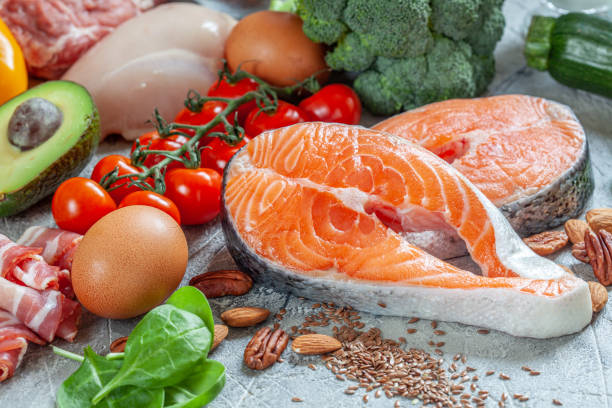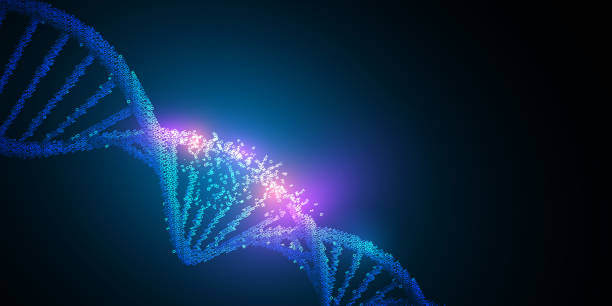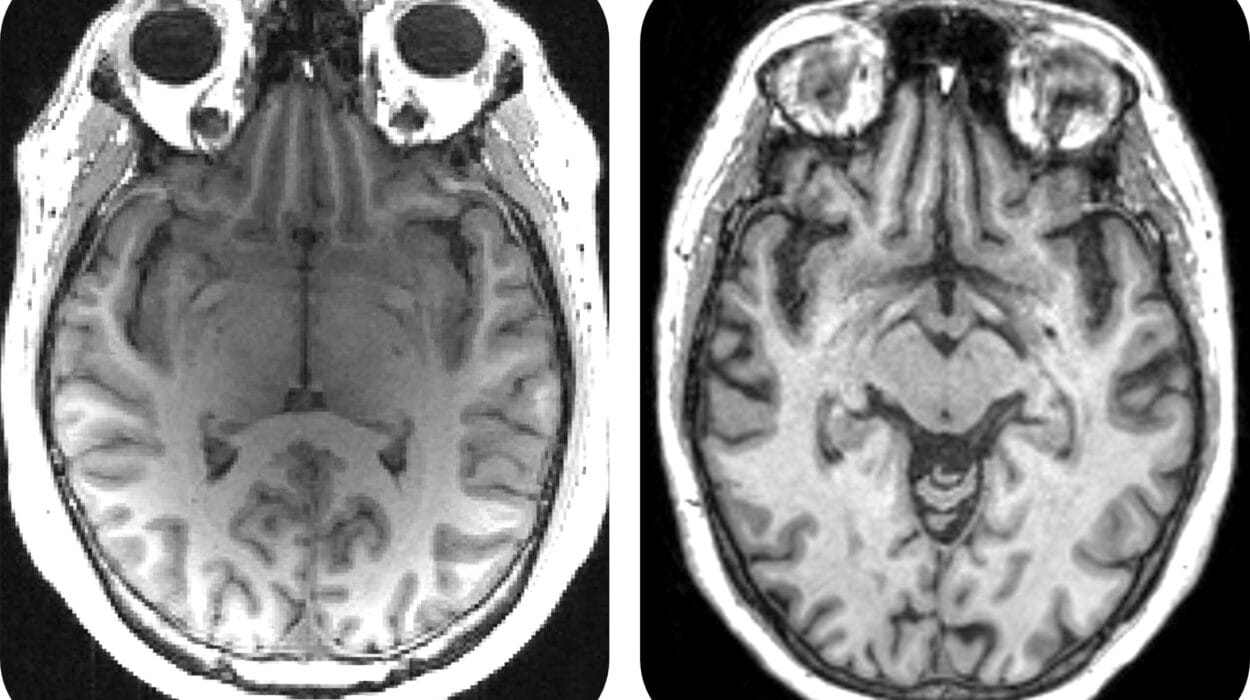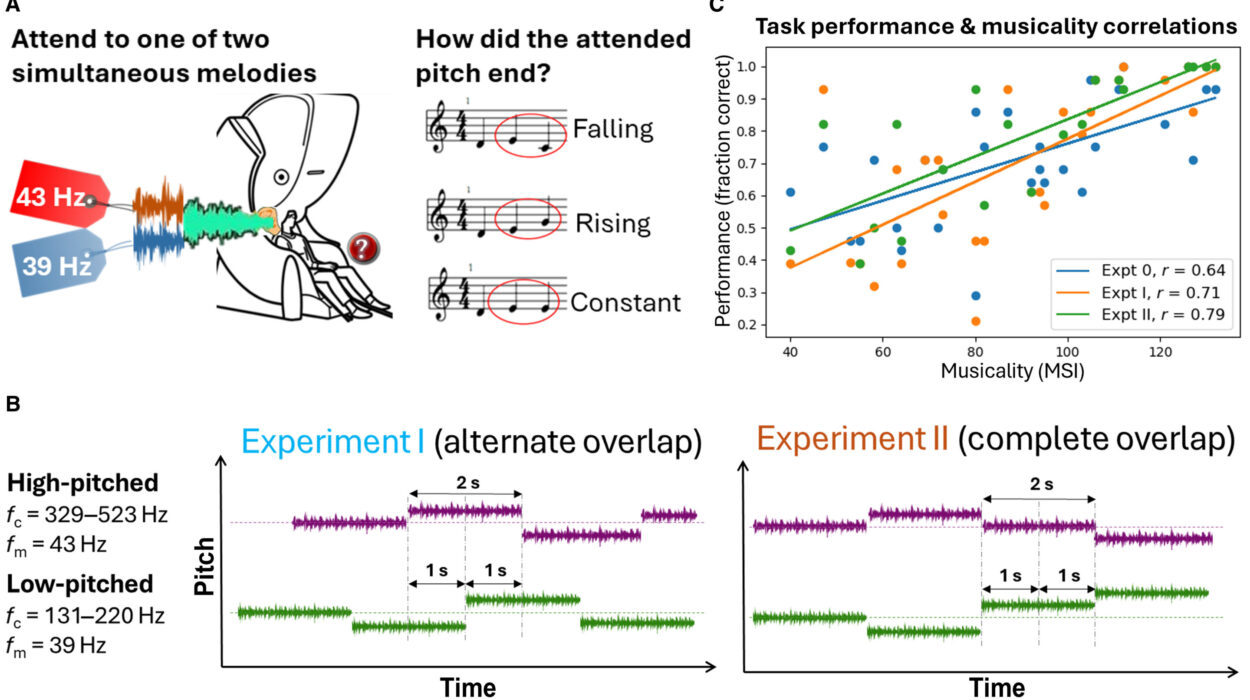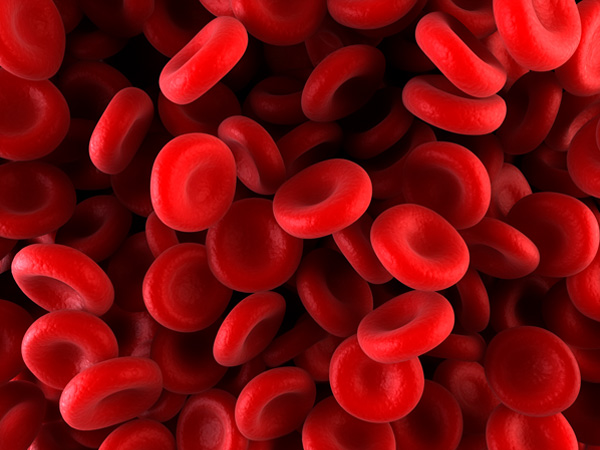In the vast landscape of nutrition, one nutrient has always stood out as a cornerstone of health, strength, and transformation: protein. To many people, protein is just another part of a balanced diet, something found in eggs, chicken, fish, or beans. But to scientists, athletes, and anyone striving for better health, protein is nothing less than a life-shaping molecule. It is the substance that builds muscle, repairs tissues, fuels recovery, regulates appetite, and plays a pivotal role in weight management.
Understanding protein is to unlock a secret about our own biology—a secret that can determine whether we thrive with strength and vitality, or struggle with fatigue, weakness, and weight gain. For anyone who has ever wondered why diets emphasize protein, why fitness enthusiasts consume protein shakes, or why doctors recommend high-protein meals during recovery, the answer lies in protein’s unique ability to influence weight loss and muscle growth simultaneously.
What Exactly Is Protein?
Protein is one of the three macronutrients that provide energy to the body, alongside carbohydrates and fats. But unlike carbs and fats, protein is not primarily an energy source. Instead, it is the body’s builder and repairer, a structural nutrient that forms the very fabric of life.
Proteins are made up of smaller building blocks called amino acids. There are 20 different amino acids, nine of which are considered essential because the human body cannot produce them; they must be obtained from food. Together, amino acids form complex chains that fold into structures capable of building muscles, producing enzymes, supporting immunity, and even carrying oxygen through the blood.
When we eat protein-rich foods—such as meat, fish, dairy, legumes, nuts, or seeds—the digestive system breaks them down into amino acids, which the body then uses as raw materials. Think of protein as the bricks and mortar of the body: without it, muscles cannot grow, wounds cannot heal, and the immune system cannot fight infections.
Protein and Weight Loss: More Than Calories
At first glance, weight loss seems simple: burn more calories than you consume. Yet anyone who has struggled with dieting knows it is not that straightforward. Hunger, cravings, and energy fluctuations often sabotage even the most disciplined efforts. This is where protein changes the game.
Protein influences weight loss through multiple mechanisms that go far beyond calorie counting. It regulates appetite, boosts metabolism, preserves muscle mass, and stabilizes blood sugar—all factors that determine whether a weight-loss journey succeeds or fails.
The Satiety Effect
One of protein’s most powerful effects is its ability to keep us feeling full. Research consistently shows that protein is more satiating than carbohydrates or fats. This means that a protein-rich meal reduces hunger more effectively and for longer periods, preventing overeating later in the day.
The reason lies in how protein influences appetite-regulating hormones. After eating protein, the body increases levels of hormones like peptide YY and GLP-1, which signal fullness to the brain, while reducing ghrelin, the “hunger hormone.” As a result, cravings diminish, portion sizes shrink naturally, and adherence to a calorie-controlled diet becomes far easier.
Thermogenesis and Metabolism
Another way protein aids weight loss is by boosting metabolism. The body expends energy simply to digest, absorb, and metabolize nutrients. This process, known as the thermic effect of food, is significantly higher for protein than for carbohydrates or fats.
While the thermic effect of fats is around 0–3% and carbohydrates around 5–10%, protein has a thermic effect of approximately 20–30%. In practical terms, if you consume 100 calories from protein, your body burns 20–30 calories just processing it, compared to far fewer calories burned from carbs or fats.
This metabolic boost might not sound dramatic, but over time, it adds up. By increasing daily energy expenditure, protein makes it easier to achieve and maintain a calorie deficit without feeling deprived.
Preserving Lean Muscle Mass
When people lose weight, they often lose not just fat but also muscle mass. This is problematic because muscle tissue is metabolically active, meaning it burns calories even at rest. Losing muscle slows metabolism, making long-term weight maintenance more difficult.
Protein plays a critical role here. By supplying amino acids for muscle repair and maintenance, protein helps preserve lean body mass during calorie restriction. This ensures that the majority of weight lost comes from fat rather than valuable muscle tissue.
Studies repeatedly show that higher protein intake during dieting preserves muscle mass, maintains resting metabolic rate, and improves body composition compared to low-protein diets. This is why nearly every evidence-based weight-loss strategy emphasizes protein as a central component.
Protein and Muscle Growth: Fueling Strength
If weight loss is one side of the coin, muscle growth is the other. For athletes, bodybuilders, or anyone seeking strength and physical vitality, protein is indispensable. Without adequate protein, muscle simply cannot grow.
Muscle Protein Synthesis
Muscle growth occurs through a process called muscle protein synthesis (MPS). When we exercise—especially during resistance training—we create microscopic tears in muscle fibers. The body responds by repairing and reinforcing these fibers, making them stronger and larger.
This repair process requires amino acids, particularly the branched-chain amino acids (BCAAs), with leucine playing the most critical role. Consuming protein after training provides the building blocks necessary for MPS, turning the stress of exercise into the growth of new muscle.
Protein Timing and Distribution
For years, the idea of the “anabolic window” dominated fitness culture: the belief that protein must be consumed immediately after exercise to maximize muscle growth. While science now shows that the window is longer than once thought—lasting several hours—the principle remains the same: protein intake around training enhances recovery and muscle adaptation.
Equally important is distributing protein intake throughout the day. Research suggests that spreading protein evenly across meals—rather than consuming most of it at dinner—maximizes muscle protein synthesis. Aim for consistent protein intake at breakfast, lunch, and dinner, with snacks or shakes filling in as needed.
The Role of Exercise
Protein alone does not build muscle; it works in partnership with resistance training. Without the stimulus of lifting weights, bodyweight exercises, or resistance bands, excess protein will not be converted into muscle—it will be used for other bodily needs or stored as energy.
Exercise creates the demand; protein provides the supply. Together, they form the foundation of muscle growth and strength development.
How Much Protein Do You Really Need?
One of the most debated questions in nutrition is how much protein people actually need. Official recommendations, such as the Recommended Dietary Allowance (RDA) of 0.8 grams per kilogram of body weight per day, are designed to prevent deficiency, not to optimize performance, weight loss, or muscle growth.
For people looking to lose weight or build muscle, higher intakes are often more effective. Research supports ranges between 1.2–2.2 grams per kilogram of body weight per day, depending on activity levels, goals, and overall diet. Athletes and bodybuilders often aim for the higher end, while sedentary individuals may need less.
Importantly, protein needs are not one-size-fits-all. Age, sex, metabolic health, and training intensity all influence requirements. Older adults, for instance, often require more protein to combat age-related muscle loss (sarcopenia).
The Best Sources of Protein
Protein comes from both animal and plant sources, each with unique benefits.
Animal-based proteins—such as meat, poultry, fish, eggs, and dairy—are considered “complete” proteins because they contain all essential amino acids in sufficient amounts. They are highly bioavailable, meaning the body absorbs and uses them efficiently.
Plant-based proteins—such as beans, lentils, tofu, quinoa, nuts, and seeds—are often incomplete, lacking one or more essential amino acids. However, by combining different plant foods (such as rice and beans), it is easy to achieve a complete amino acid profile. Plant proteins also provide fiber, antioxidants, and lower levels of saturated fat, making them valuable for overall health.
For those pursuing weight loss and muscle growth, a mix of both animal and plant proteins can provide the best of both worlds: amino acid diversity, nutrient richness, and long-term sustainability.
Protein Quality: More Than Just Quantity
While total protein intake is important, quality matters too. Protein quality is determined by factors such as amino acid profile and digestibility.
Leucine, one of the essential amino acids, plays a particularly critical role in muscle growth by triggering muscle protein synthesis. Foods rich in leucine, such as whey protein, chicken, beef, and soy, are especially effective for muscle development.
Digestibility is another factor. Animal proteins tend to have higher digestibility, but advances in food processing have improved plant-based protein powders, making them effective alternatives for vegans and vegetarians.
Can You Have Too Much Protein?
While protein is vital, excessive intake can raise concerns. For healthy individuals, high-protein diets are generally safe, even at levels above 2 grams per kilogram of body weight. The kidneys, often cited as a risk, are capable of handling high protein loads unless preexisting kidney disease is present.
However, extreme excess provides no additional benefits and may displace other essential nutrients like carbohydrates and fats, both of which are important for energy and hormonal balance. As with most things in nutrition, balance is key.
Protein, Weight Loss, and Long-Term Success
Protein is not just about losing weight quickly—it’s about keeping it off. Studies show that higher-protein diets lead to greater long-term weight maintenance compared to low-protein diets. This is because protein helps preserve muscle mass, prevents metabolic slowdown, and reduces the likelihood of rebound weight gain.
In practical terms, a lifestyle built around balanced, protein-rich meals makes it easier to sustain weight loss efforts without constant hunger or fatigue. This is why protein is often described as the “secret weapon” of sustainable dieting.
Protein and the Psychology of Eating
Beyond its physiological effects, protein also influences the psychology of eating. When people consume more protein, they often report feeling more satisfied and in control of their food choices. This reduces the mental burden of dieting, making it easier to resist temptations and stick to long-term habits.
In a world where food marketing bombards us with sugary, processed options, protein helps ground our decisions in stability rather than cravings. It turns dieting from a battle of willpower into a process of nourishment.
Protein and the Future of Nutrition
As science continues to explore nutrition, protein remains at the forefront of research. Advances in biotechnology are producing new protein sources—such as lab-grown meat, insect protein, and engineered plant proteins—that may address both health and sustainability challenges.
The future may also bring more personalized nutrition, where genetic testing and microbiome analysis determine each individual’s optimal protein intake and sources. What remains constant is protein’s central role in shaping body composition, health, and vitality.
Conclusion: Protein as the Architect of Transformation
To understand protein is to understand the architecture of change. For weight loss, it curbs hunger, boosts metabolism, and preserves muscle mass. For muscle growth, it provides the raw materials for repair and strength. For overall health, it builds tissues, regulates hormones, and fuels resilience.
Protein is not just another nutrient—it is the very substance of transformation. It turns effort into results, workouts into strength, and diets into lasting health. Whether the goal is to shed pounds, gain muscle, or simply live with energy and confidence, protein stands as the indispensable ally.
The journey to health is not about quick fixes or magic formulas; it is about giving the body what it truly needs. And in that journey, protein is more than food—it is the foundation of progress, vitality, and human potential.
